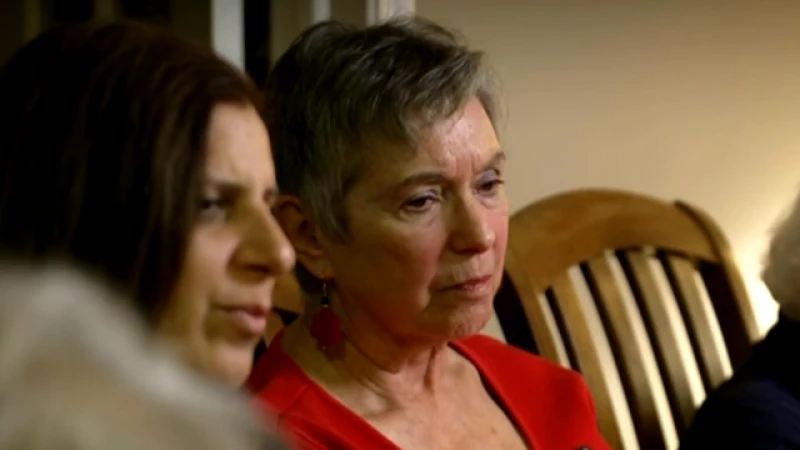Building Bridges: The Story of Zeitouna and the Arab-Jewish Alliance
Within the borders of Michigan, a unique group known as Zeitouna has formed. Consisting of six Jewish and six Palestinian women, they have been gathering twice a month for over two years. The group's name, Zeitouna, originates from the Arabic word for olive tree, symbolizing peace and unity. Their motto, "refusing to be enemies," reflects their commitment to harmony despite their differing backgrounds.
Despite the challenges posed by recent events on Oct. 7 and the subsequent war, the safety of the group and their supportive environment have enabled the women to stand by each other unwaveringly.
"You absorbed my pain, as I absorbed your pain. It's important to just have a space, a place where everybody is there with open arms," shared Wadad Abed, a dedicated member of Zeitouna.
Diane Blumson, another member of Zeitouna, emphasized the importance of recognizing each other's trauma in a humanitarian way. She expressed concern over the loss of this ability in current times.
These women are not confined to their meeting rooms; they are actively spreading their message of unity, particularly on college campuses. In response to the growing polarization post-Oct. 7, the Arab-Jewish Alliance was established at the University of Michigan by two students - one Palestinian and one Jewish. Their aim is to promote better understanding and relations between the two cultures.
"I grew up Jewish, and the only time when I ever met Arab students was in my Arabic class," said cofounder Evan Rotker. "I was like, 'How can we bring Arab students and Jewish students together?' And, and this kind of set us down this path."
Welly Altaii, a student at the university, told CBS News the "dehumanizing rhetoric" he saw online following Oct. 7 prompted him to join the group.
He later added, "I thought, I want to find a club where I can actually interact with people on the other side, because I hadn't had a chance to interact with people on the other side."
Another student told CBS News, "I think that when you meet a group like Zeitouna, who's been around for so many years, I think it reassures you that this sort of, these friendships, they can last forever," one student said.
For the Zeitounas, those students embody the mission they've spent decades working on.
"As a Holocaust survivor, this is what I learned: All human beings are the same," said Zeitouna member Irene Butter. "And if we could only realize that, then I think we could build a better world."







